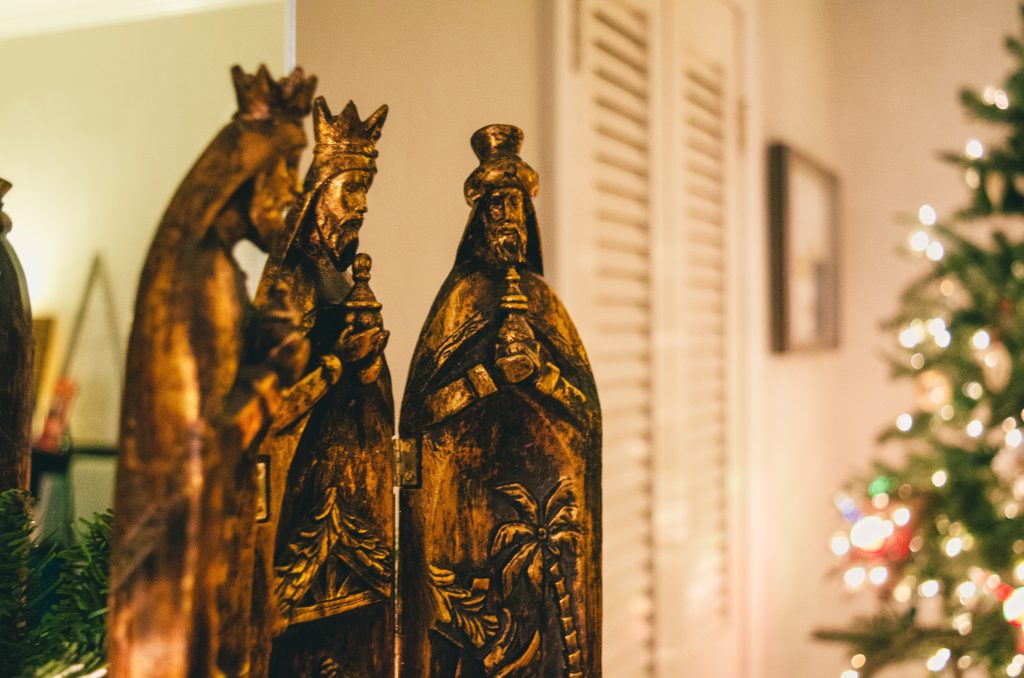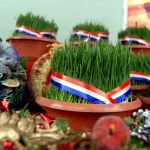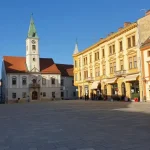Gold, frankincense and myrrh
HRT presents. The Greek word “magoi”, meaning wise men, scholars, star readers, magicians, etc., denotes the wise men in the text of the Gospel, who most likely originate from Persia. These people knew how to decipher the secrets of human wisdom and see signs in nature. They were looking for the truth about themselves and the universe. They left their homes and possessions and set off on a journey to Bethlehem.
In the Christian tradition, theologians from the third century, Origen and Tertullian, contributed to the creation of today’s image of the “three kings”. Origen is credited with interpreting the three gifts symbolically: gold pointing to Jesus’ kingship, frankincense to his divinity, and myrrh to his death.
Tertullian turned the wise men into kings referring to the biblical texts of Isaiah and the Psalms. In the Middle Ages, an Italian artist made a mosaic of three kings and placed the names above each figure: Gaspar, Melchior and Balthasar. According to this painter, Gaspar means a man from the area of the Caspian Sea, Melchior means king of light, and Balthasar means “the lord protects the king”.
Representatives of the then known world – Asia, Africa and Europe
It is unknown who saw the three kings as representatives of the three continents: Asia, Africa and Europe. That is why one of the three kings is depicted as a black man in the paintings, which is usually interpreted as a message that all countries and the entire world should worship Jesus as the Christ.
Since the Middle Ages, the three kings have generally been depicted in such a way that one of them is an old man, the second is a middle-aged man, and the third is a young man, which is believed to be a motif used to emphasize that all people, from children to the elderly, need to recognise Jesus as their Lord and God.
According to Matthew’s Gospel, the wise men, following the star of Bethlehem, came from the east to Jerusalem to worship Christ. They were received in Jerusalem by King Herod, who wanted to trick them into telling him the place where Jesus was born, so that he could kill him.
When they found Jesus, Gaspar, Melchior and Balthasar presented him with three gifts: frankincense for a God, gold for a king, and noble ointment – myrrh for a man. Then God commanded them not to return to Herod, so they returned to their country by another route.
The three kings are representatives of the pagan nations, whom God called into his kingdom by announcing the birth of the Savior, the Lord. According to tradition, after the death of the three kings, their relics were taken to Constantinople, and after they were found by St. Helena, were transferred to Milan, and then to the cathedral in the German city of Cologne, where they remain.
Melchior is the patron saint of travellers and World Youth Day, and Balthasar is the patron saint of people with epilepsy.
Epiphany
Epiphany is a Christian holiday that celebrates the revelation of God to humanity in human form, in the person of Jesus Christ.
The first mention of the Epiphany is found in the text of Clement of Alexandria at the turn of the 2nd to the 3rd century, and the first mention as an official church holiday is known from the middle of the 4th century.
At the end of the 4th century, the holiday of Christmas was introduced from the West to the East, so the Epiphany lost its meaning as a holiday in which all the events related to Jesus’ birth and hidden life up to baptism are celebrated, but it still remains the holiday of God’s epiphany, in which the trip of the Three Wise Men is mentioned.
After the Second Vatican Council, the end of the Christmas season is marked on the first Sunday after the Epiphany, and on that Sunday the Baptism of the Lord is celebrated.
The baptism of Jesus and the miracle at the Wedding at Cana of Galilee, where Jesus, at the beginning of his public activity, announces himself as the one who has the power to turn water into wine, indirectly heralds the establishment of the Eucharist.
Blessing of Water and “Križec”
Among Croatian Catholics, the custom of blessing water on the feast of the Epiphany has developed, which is then used to bless houses and families.
In northwestern Croatia, ‘križec’ was the term used for the blessing of houses. For that occasion, the whole family would be together, and the house would be well cleaned so that they would be ready to welcome the priest. The priest would bless the house and all the household members, and would regularly be treated to food and drink and given gifts. Though this tradition is somewhat tuned down these days, many Catholic families in Croatia still welcome their local priests around this time to bless their households.
For more, make sure to check out our dedicated Lifestyle section.











